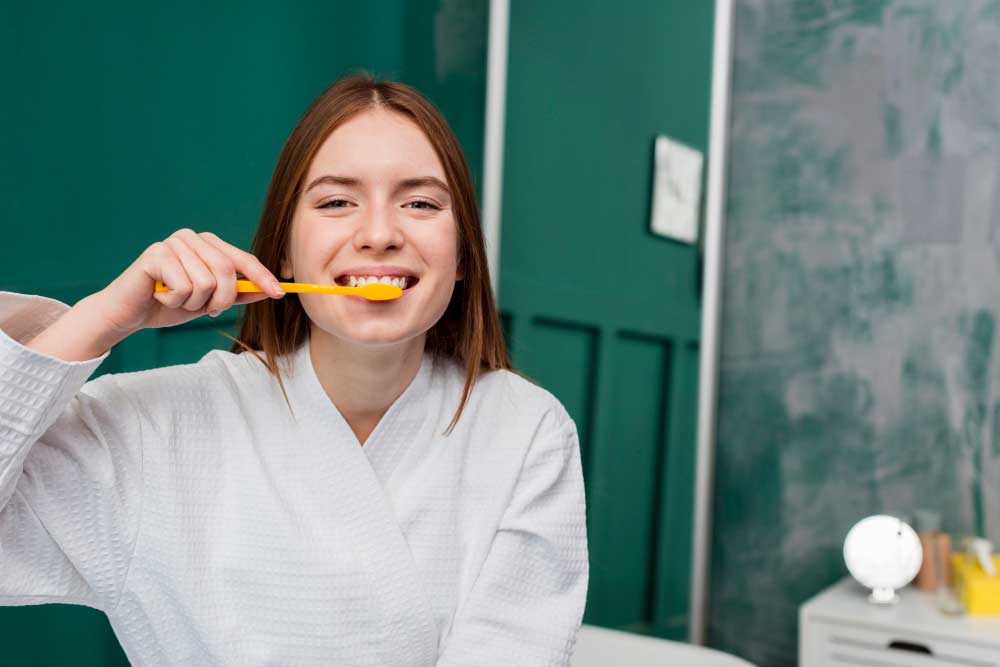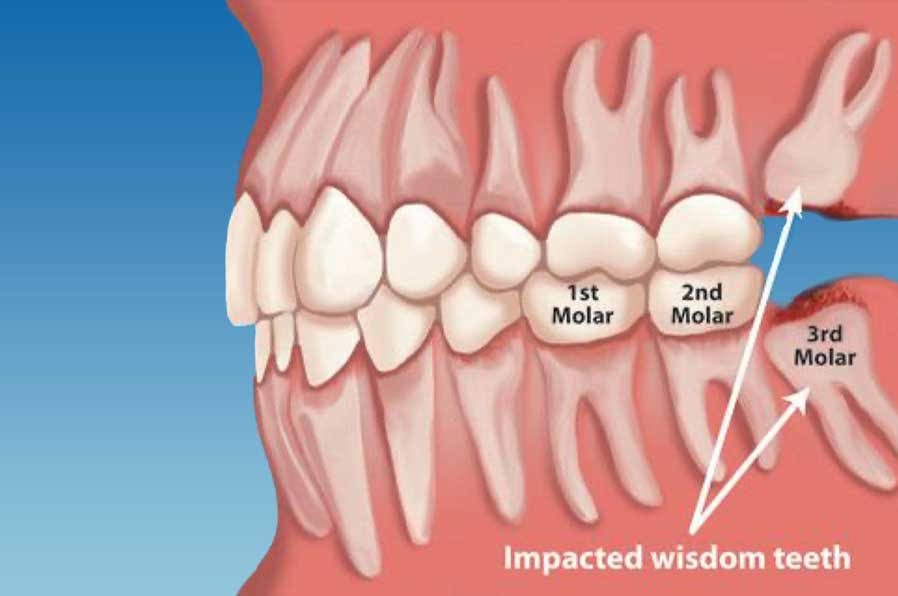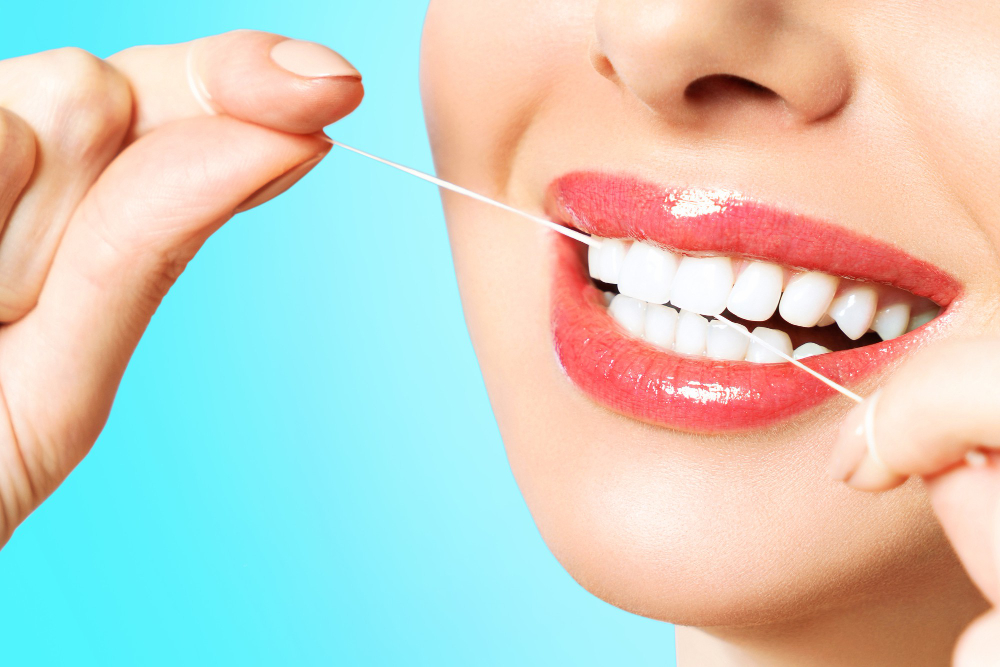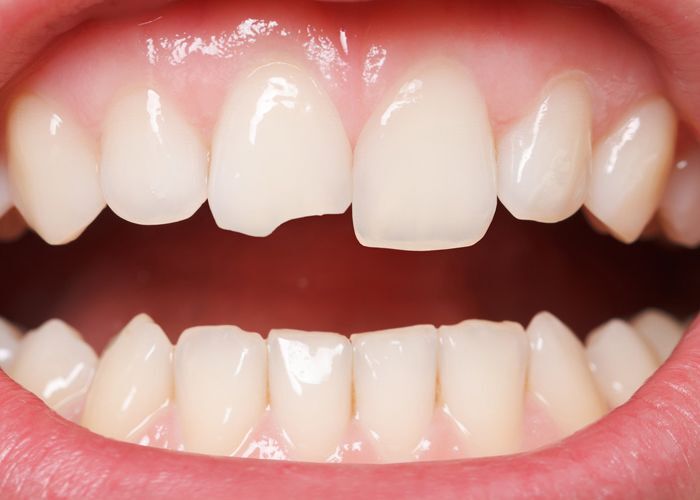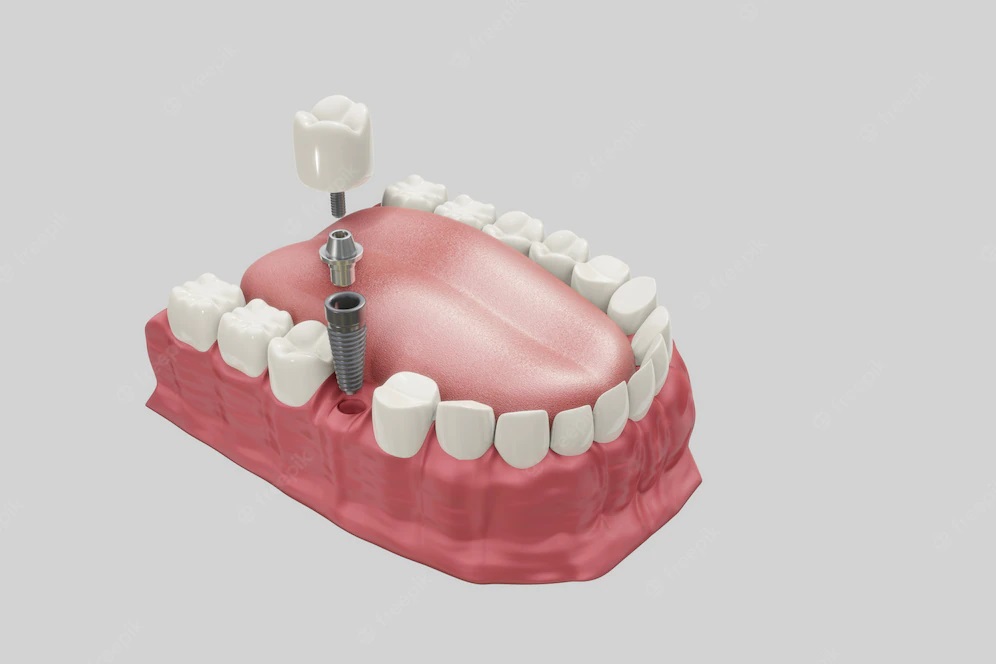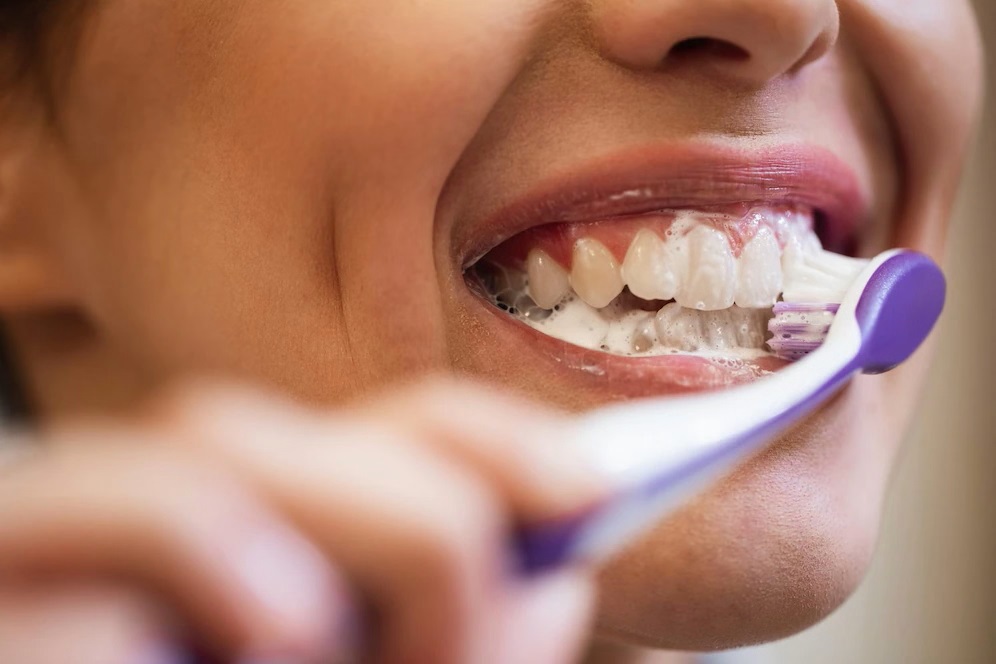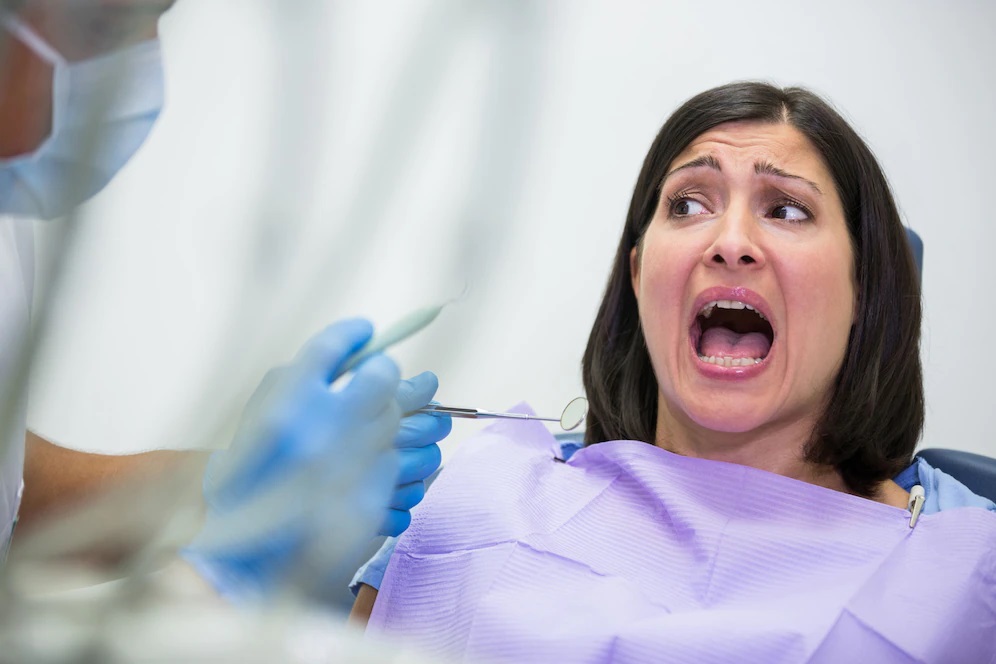Innovative Dental strives to provide comprehensive and compassionate dental care to all our patients. To help you feel more confident and informed about your dental health, we've compiled answers to some of the most common questions we receive.
Fluoride plays a crucial role in dental health, acting as a protective shield against tooth decay. Let's debunk common myths and misconceptions, ensuring you have accurate information for informed dental care decisions and empowering you to take control of your…
Wisdom teeth, or third molars, often cause dental issues, including pain. Removal is essential for oral health. This guide explores expectations of the removal process, offering insights for those facing this dental journey.
Wisdom teeth, or third molars, often cause dental issues, including pain. Removal is essential for oral health. This guide explores expectations of the removal process, offering insights for those facing this dental journey.
Dental health profoundly impacts overall well-being. It's interconnected with systemic health, mental wellness, and nutritional intake. A healthy smile boosts confidence and social interactions while preventing dental pain for a fulfilling life. Longevity is also linked to good oral care.…
Could your teeth be a little whiter or a little bit healthier? Even those of us who pride ourselves on our smile usually still have some room for improvement.
Chipped teeth are a common issue for many Australians. Not only do they pose a risk to your oral health if left untreated, a chipped tooth can also affect your confidence and self esteem to a large degree.
If you’re looking to replace a missing tooth, a dental implant can be a relatively easy and cost-effective solution. While nothing takes the place of a real tooth — a dental implant is about as close as you can get.
If you’ve noticed your teeth appear to be getting shorter, you’re not alone. Many of us will experience significant wear on our teeth over our lifetime, causing them to slowly grind down and become smaller.
Whether you’re brushing with an electric toothbrush, manual toothbrush, using an interdental brush, flossing or anything else — you shouldn’t be in pain. If you are, there’s likely a simple explanation that can be fixed by either you or your…
Fluoride plays an essential role in keeping our teeth healthy. While there’s sometimes debate about its widespread use, it’s required for good oral health.
While a lot of people may simply attribute their fear to the pain associated with dental work, it’s actually a lot more complex than that.





